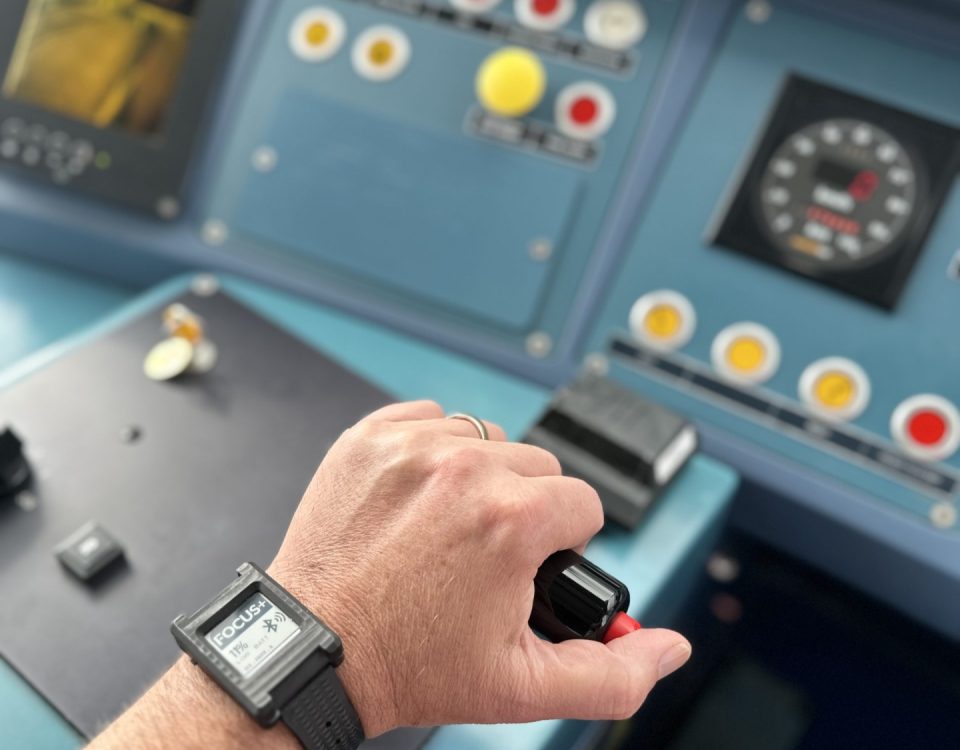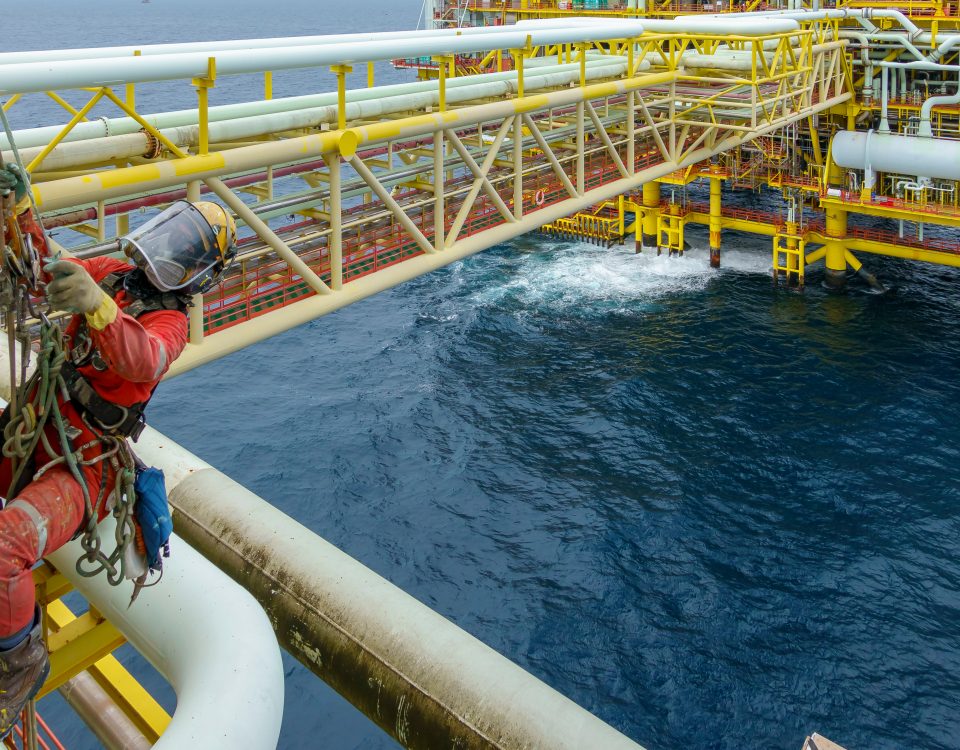5 Human Factors That Affected the 2014 World Cup
What do human factors and the World Cup in Brazil have in common? Well, actually a lot more than you’d think.
Whether you’re a football fan or not, this article looks at some of the main human factors and how they can manifest themselves in the lives of professional players.
So without further ado, here are our 5 human factors affecting the World Cup.
No European country has ever won a World Cup played in South America and fatigue certainly has a role to play in this statistic. Regardless of the job you do, an extreme change in environmental conditions will have an impact on your performance. For example, if you’re used to working in an air conditioned environment and it goes faulty, the resultant heat could affect your performance by making you more fatigued.
In terms of the World Cup, individual players and coaches are under a lot of pressure when you consider the thousands of fans in the stadium, the millions of people in their country watching on TV and the weight of the press expecting great performances from them. These demands and expectations can mount up and make people snap when the stress gets too much, which could result in a rash challenge giving away a penalty or being sent off.
Situational awareness is being aware of what is happening around you in terms of where you are, where you are supposed to be, and whether anyone or anything around you is a threat to your health and safety. (HSE)
Situational awareness is an important human factor in any football match. Is someone going to tackle you from behind and try to injure you? Do you know where the goalposts are when you attempt that diving header?
A build-up of fatigue along with stress can adversely affect your situational awareness, whether that’s on the football field, an oil rig or any other working environment.
There was a great example of a lack of attention in this year’s World Cup. The unfortunate Russian goalkeeper Akinfeev inexplicably let this tame looking shot into the net against South Korea.
http://www.hse.gov.uk/construction/lwit/assets/downloads/situational-awareness.pdf
If this kind of mistake happens in a high-risk environment such as an oil platform, the result could be catastrophic.
For example, getting detailed instructions across in a noisy football stadium such as the Maracanã can be a real headache for football managers. They may have to wait until half-time or a break in the game to be able to get their points across as they’d like, by which time it might be too late. Rushed or shouted instructions from one employee to another in a noisy rig environment could be easily misheard or misunderstood.
Think of the team talks in football as the toolbox talks in your working environment - without these, it’s difficult for anyone to know exactly what’s expected of them in their role.
The decision to have the 2022 World Cup in Qatar was taken with little consideration for human factors. The welfare and safety of the players should be the prime concern so they can perform to the best of their abilities.
The organisers have said all the stadia used will have air conditioning for players and spectators, but with temperatures exceeding 50°C it remains to be seen how effective that will be. The concerns over player safety have led to discussions about moving the tournament from the traditional summer months to November and December.
Putting the human at the centre of their working environment and processes allows them to do their job more efficiently and safely, regardless of the sector they’re working in.
Reference
http://www.hse.gov.uk/construction/lwit/assets/downloads/situational-awareness.pdf
Whether you’re a football fan or not, this article looks at some of the main human factors and how they can manifest themselves in the lives of professional players.
So without further ado, here are our 5 human factors affecting the World Cup.
1. Fatigue
While you may not agree, chasing a football around a pitch is a demanding working environment. Out in Brazil, even though it’s winter, the temperatures for some matches have exceeded 30°C which have proved demanding for many of the players.No European country has ever won a World Cup played in South America and fatigue certainly has a role to play in this statistic. Regardless of the job you do, an extreme change in environmental conditions will have an impact on your performance. For example, if you’re used to working in an air conditioned environment and it goes faulty, the resultant heat could affect your performance by making you more fatigued.
2. Stress
Stress means different things to different people. For example, if you’re working on an oil rig and feel the management aren’t listening to your safety concerns, that can create a lot of stress.In terms of the World Cup, individual players and coaches are under a lot of pressure when you consider the thousands of fans in the stadium, the millions of people in their country watching on TV and the weight of the press expecting great performances from them. These demands and expectations can mount up and make people snap when the stress gets too much, which could result in a rash challenge giving away a penalty or being sent off.
3. Situational Awareness
What is situational awareness?Situational awareness is being aware of what is happening around you in terms of where you are, where you are supposed to be, and whether anyone or anything around you is a threat to your health and safety. (HSE)
Situational awareness is an important human factor in any football match. Is someone going to tackle you from behind and try to injure you? Do you know where the goalposts are when you attempt that diving header?
A build-up of fatigue along with stress can adversely affect your situational awareness, whether that’s on the football field, an oil rig or any other working environment.
4. Attention
When an individual’s attention is affected by other human factors such as their working environment or a hardware/software problem, mistakes can easily be made.There was a great example of a lack of attention in this year’s World Cup. The unfortunate Russian goalkeeper Akinfeev inexplicably let this tame looking shot into the net against South Korea.
http://www.hse.gov.uk/construction/lwit/assets/downloads/situational-awareness.pdf
If this kind of mistake happens in a high-risk environment such as an oil platform, the result could be catastrophic.
5. Communication
There are a lot of similarities between the World Cup and other environments when it comes to communication.For example, getting detailed instructions across in a noisy football stadium such as the Maracanã can be a real headache for football managers. They may have to wait until half-time or a break in the game to be able to get their points across as they’d like, by which time it might be too late. Rushed or shouted instructions from one employee to another in a noisy rig environment could be easily misheard or misunderstood.
Think of the team talks in football as the toolbox talks in your working environment - without these, it’s difficult for anyone to know exactly what’s expected of them in their role.
Choosing the host nation
While Brazil is a real hotbed of football steeped in history, at least some consideration was given with regards to the heat with matches being played during their winter.The decision to have the 2022 World Cup in Qatar was taken with little consideration for human factors. The welfare and safety of the players should be the prime concern so they can perform to the best of their abilities.
The organisers have said all the stadia used will have air conditioning for players and spectators, but with temperatures exceeding 50°C it remains to be seen how effective that will be. The concerns over player safety have led to discussions about moving the tournament from the traditional summer months to November and December.
Putting the human at the centre of their working environment and processes allows them to do their job more efficiently and safely, regardless of the sector they’re working in.
Reference
http://www.hse.gov.uk/construction/lwit/assets/downloads/situational-awareness.pdf




